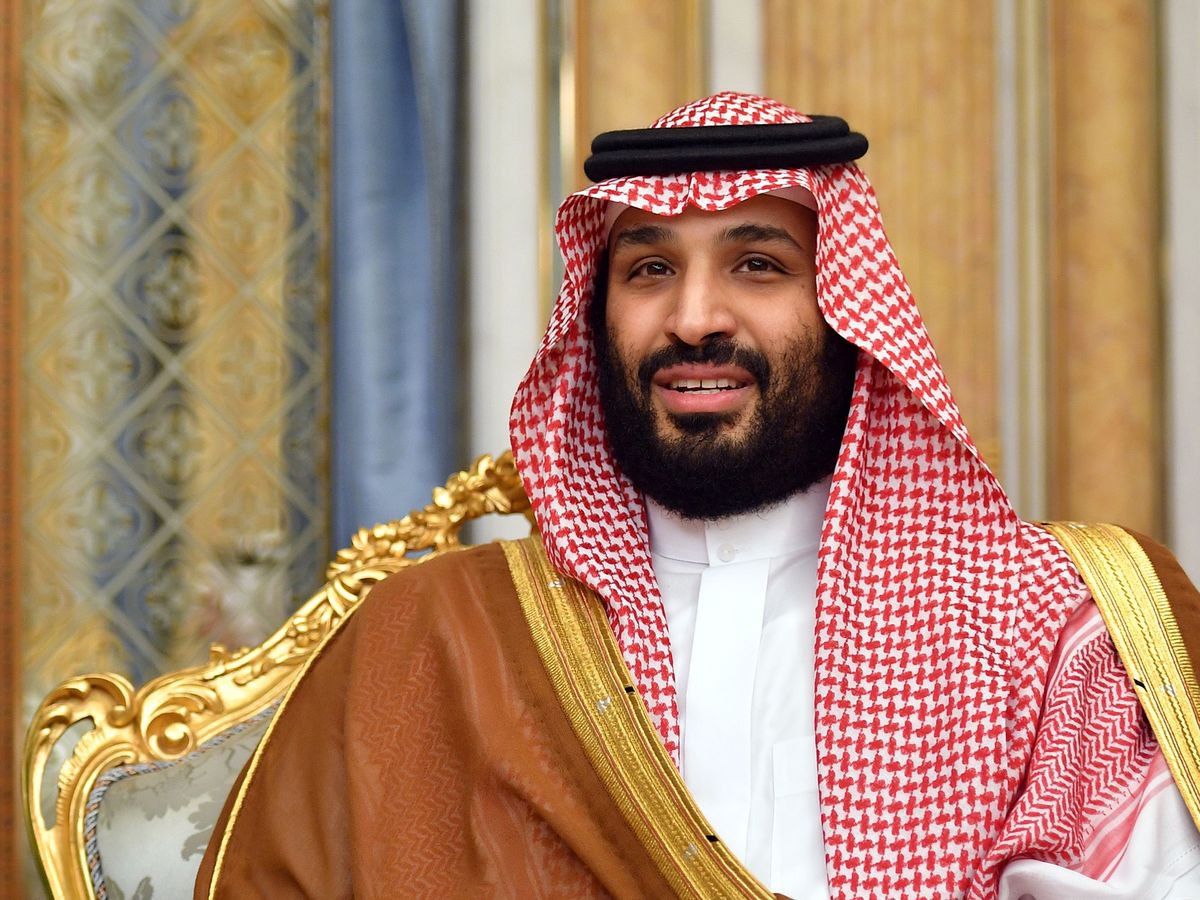The US administration has granted immunity to Saudi Crown Prince Mohammed bin Salman, possibly derailing a civil lawsuit filed against the kingdom’s day-to-day ruler over the 2018 murder of commentator Jamal Khashoggi.

The administration based the decision on Prince Mohammed having recently been appointed as Saudi Arabia’s prime minister. In a court document filed on Thursday, the US Department of Justice said Washington had “expressed grave concerns” over Khashoggi’s “horrific killing” and also shared intelligence officers’ review of Riyadh’s role in the matter and had imposed sanctions. But it argued that “the doctrine of head of state immunity is well-established in customary international law”.
Khashoggi’s murder at the hands of Saudi security agents in the kingdom’s consulate in Istanbul has haunted relations between Saudi Arabia and the US under president Joe Biden, who came to office vowing to turn Prince Mohammed and Saudi Arabia into a “pariah”. The CIA had determined the prince sanctioned a “capture or kill” mission against Khashoggi, a former insider turned columnist who wrote for the Washington Post.
Prince Mohammed has denied the allegation, and said those who were responsible for the murder have been tried and imprisoned. The 37-year-old prince has acted as the kingdom’s day-to-day ruler since 2016.
The decision, which stems from a civil lawsuit brought against Prince Mohammed by Khashoggi’s fiancée Hatice Cengiz and Democracy for the Arab World Now, a non-profit Khashoggi had helped found, drew criticism from Cengiz. She assailed Biden in a tweet and wrote “Jamal died again today”.
Sarah Leah Whitson, the executive director of the Dawn advocacy group, wrote in a post on Twitter: “breaking promise for accountability, Biden guarantees MBS impunity”.
Biden had softened his stance on Prince Mohammed in the wake of the Russian invasion of Ukraine in February, which sent up global energy prices and inflation. Despite a July visit by Biden, in October, Saudi Arabia led Opec+ into a production cut, prompting the US administration to threaten a reassessment of its relationship with its longtime security partner. The production cut led to calls in Congress to suspend all weapons shipments to Saudi Arabia, which has traditionally relied on US arms.
Saudi Arabia remains a key partner for the US in the Middle East and is the world’s largest oil exporter. The decision to grant Prince Mohammed immunity may draw criticism from Democratic lawmakers who want a tougher stance on Riyadh, but the administration will also have to factor in the prince’s pivotal role in the country.
“From a practical point of view, it is hard to imagine any circumstances under which a judgment would be paid, and that would set this up to be a durable irritant in our diplomatic relationship,” said Jon Alterman, director of the Middle East programme at the Center for Strategic and International Studies.
Prince Mohammed has been criticised for a crackdown on dissidents that has led to decades-long prison sentences handed down to Saudis over their social media postings. But the prince has also gained a following among Saudi youths over his reforms to the once ultra-conservative kingdom, which have included allowing women to drive, and an end to the widely despised religious police.
Although his rise to power was marked with purges of opponents, including members of the royal family, diplomats and analysts say he is all but certain to succeed his father, King Salman, who is 86, and may rule the kingdom for decades.